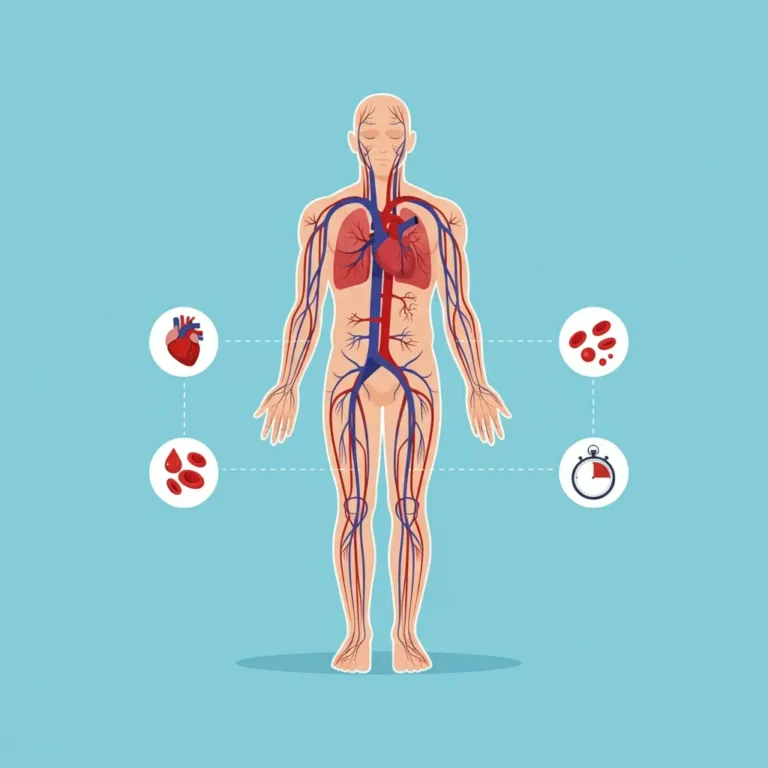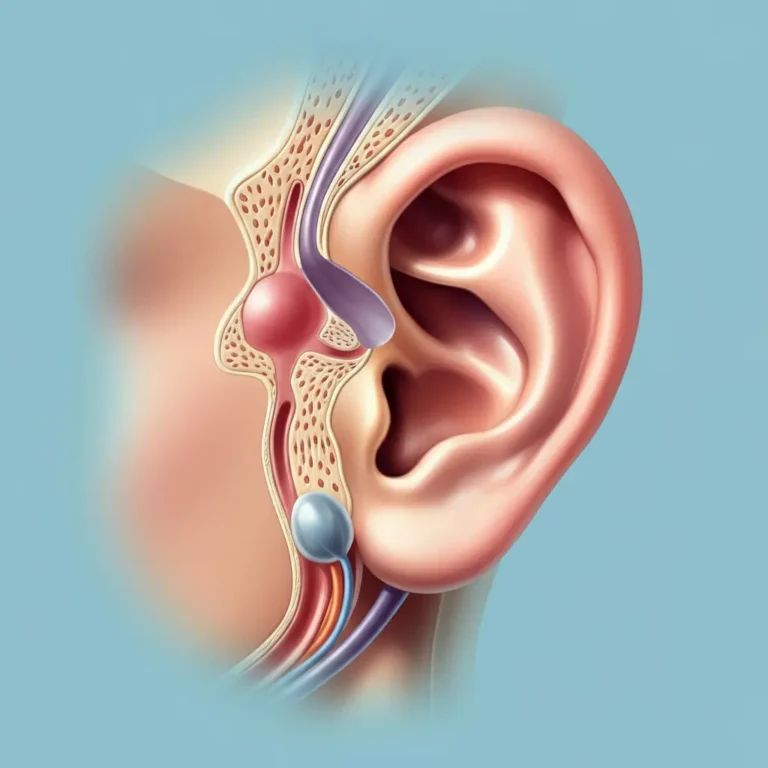How Long Does It Take to Walk a Mile?
Table of Contents
Introduction to Walking as Exercise
Walking might appear straightforward, but it’s one of the most effective and accessible ways to stay active. Unlike many other forms of exercise, it doesn’t demand any special gear or training. It’s cost-free and perfect for individuals of all ages. Whether you’re aiming to boost your fitness, shed some pounds, or maintain overall health, walking can be a valuable part of your routine.
But how long does it take to walk a mile? This seemingly straightforward question has many variables, including individual fitness levels, walking speed, and even terrain. We’re here to explore this topic in detail so that you can better understand your walking habits and achieve your goals.
How Long Does It Take to Walk a Mile?
A general estimate places the typical walking speed at about 3 to 4 miles per hour. At this pace, it would take 15 to 20 minutes to walk one mile. However, individual times vary. Fast walkers may finish in around 12 minutes, while a leisurely pace could extend it to 20 minutes or more.
How Long Does It Take the Average Person to Walk a Mile?
On average, a person walking at a steady pace of about 3 miles per hour usually takes 18 to 20 minutes to cover a mile. However, this time can vary depending on factors like age, fitness level, and the reason for walking. For instance, a 30-year-old with moderate fitness might finish a mile in about 15 minutes, while seniors may take 20 to 25 minutes or longer, depending on their mobility.
How Long Does It Take to Walk Half a Mile?
Walking half a mile is much quicker. For most people, it takes 8 to 10 minutes to cover this distance. This is an excellent starting point for those new to walking or easing into a fitness routine.
Factors That Affect Walking Speed
Several factors can influence how long it takes to walk a mile. Here are the most common ones:
- Age: Younger individuals typically walk faster.
- Fitness Level: Someone who walks regularly will likely have a quicker pace than someone who is just starting.
- Terrain: Hills or uneven ground can slow you down. Walking on a flat treadmill might speed things up.
- Weather Conditions: Extreme heat, cold, or windy weather can impact your performance.
- Footwear and Clothing: Shoes designed for walking can improve comfort and speed, while improper footwear may make the walk more difficult.
Walking a Mile vs Running a Mile
There’s no doubt that running is faster. A person can typically run a mile in 7 to 10 minutes, depending on experience and endurance. Walking, while slower, is gentler on the joints and is more sustainable as a long-term activity for most people. Your choice should depend on your fitness goals and current ability.
Walking Times by Purpose (Leisure vs Fitness)
Walking leisurely for relaxation may not require you to focus on speed. Instead, you might take 20 minutes or more to enjoy the scenery. When walking for fitness, however, people tend to pick up the pace. For brisk walking, which is faster than casual walking but slower than jogging, most finish a mile in 13 to 15 minutes.
How Long Does It Take to Walk a Mile on Average?
When combining factors like walking purpose, age, and terrain, the average time still falls within 15 to 20 minutes. Keep in mind this is not a strict measurement but a guideline.
Age and Its Impact on Walking Duration
Age can greatly influence walking speed. Here’s a general breakdown by age group:
- Teenagers and Young Adults (12–30 years): Typically complete a mile in 14 to 17 minutes.
- Middle-Aged Adults (30–60 years): Usually take around 16 to 20 minutes per mile.
- Seniors (60+ years): Often need about 20 to 25 minutes to walk a mile.
Regular activity can help maintain or even improve walking speed across all age groups.
How Long Does It Take an Average Person to Walk a Mile by Terrain?
Terrain has one of the most noticeable effects on walking time:
- Flat Roads or Tracks: 15 to 20 minutes per mile.
- Hilly Paths: Add 5 or more minutes due to inclines.
- Rough or Uneven Trails: Potentially 25 minutes or more, especially if navigating obstacles.
Tips for Walking a Mile Faster
If you’re looking to finish your mile walk faster, here are actionable steps:
- Work on Your Posture: Keep your back straight, shoulders relaxed, and chin up.
- Use Arm Movement: Swinging your arms naturally can help propel you forward.
- Step it Up: Take shorter, quicker steps rather than longer strides.
- Invest in Quality Footwear: Comfortable shoes designed for walking can reduce fatigue.
- Set a Goal: Use apps or devices to track walking time and work to beat your personal bests.
The Health Benefits of Walking a Mile Daily
Walking one mile daily benefits your physical and mental health in numerous ways:
- Improved Cardiovascular Health
- Strengthened Muscles
- Weight Management
- Reduced Stress Levels
- Better Sleep Quality
Even walking a short distance can bring noticeable improvements to your overall well-being.
Tracking Your Walks for Better Results
One of the simplest ways to track your walks is by using a fitness app or wearable device. These tools can calculate distance, time, and calories burned, giving you an accurate picture of your progress.
Walking a Mile as Part of a Fitness Plan
Walking a mile can be incorporated into any fitness plan, whether you’re a beginner or already active. Gradually increasing the distance and speed as your fitness improves can deliver incredible results.
Frequently Asked Questions
How fast should I walk a mile?
A brisk pace of 15 minutes per mile is ideal for fitness, while a 20-minute mile works well for leisure.
Can walking a mile help me lose weight?
Yes! Walking a mile burns approximately 80 to 100 calories, depending on your weight and speed.
How can I maintain consistency in walking daily?
Schedule a specific time each day for your walk and track your progress to stay motivated.
What’s the best way to start walking as a beginner?
Start with shorter distances and a slower pace, gradually building up to a mile or more.
Is walking better than running?
Both have benefits. Walking is easier on joints and good for overall health while running is more efficient for calorie burning.
This guide should answer all your questions about walking a mile. Whether for fitness or relaxation, walking is a simple, effective, and enjoyable way to stay active.








One Comment